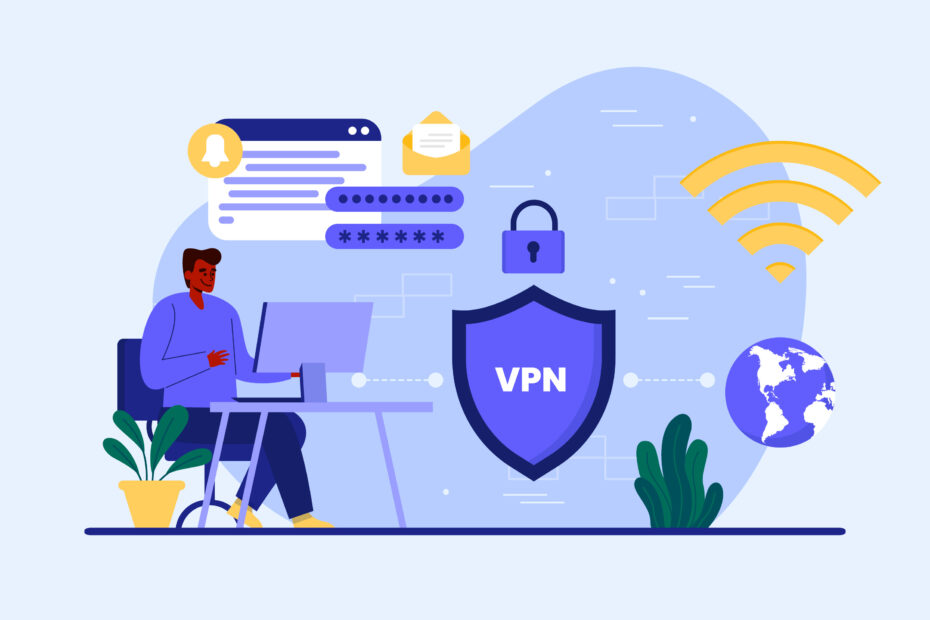Welcome to an expert’s guide on understanding the nuances between clientless and client-based VPN access methods. In this comprehensive article, we will delve into the differences between these two approaches, providing valuable insights and practical examples to help you make an informed decision for your specific needs.
What is a VPN? Before we explore the intricacies of clientless and client-based VPN access, let’s begin by understanding the fundamental concept of a Virtual Private Network (VPN). A VPN establishes a secure and encrypted connection between your device and a private network over the internet, granting you access to resources as if you were directly connected to the network physically.
Clientless VPN Access
Clientless VPN access allows users to connect to a private network without installing any additional software or dedicated VPN client on their devices. Instead, users access the VPN through a web browser, utilizing a web portal or gateway provided by the VPN service.
Key benefits of clientless VPN access:
- Simplicity and Ease of Use: Accessing the VPN via a web browser makes it incredibly convenient for users, as it eliminates the need for software installation or administrative privileges.
- Accessibility: Whether you’re using a public computer or a device you don’t fully control, clientless VPN access enables you to securely connect to the network without limitations.
- Security: Clientless VPNs employ robust encryption protocols such as SSL/TLS to ensure the confidentiality and integrity of data transmitted between your device and the private network.
Client-Based VPN Access
In contrast, client-based VPN access necessitates the installation of dedicated VPN client software on users’ devices. This software establishes a secure tunnel between the user’s device and the private network, facilitating secure access to resources and services.
Key advantages of client-based VPN access:
- Versatility and Advanced Features: By utilizing a dedicated VPN client, users gain access to a wide range of configuration options and enhanced security features. This includes advanced encryption protocols, split tunneling, network roaming, and more, providing greater control and flexibility over the VPN connection.
- Performance and Efficiency: Client-based VPNs often offer superior performance and efficiency due to their ability to optimize data transmission. This results in faster and more reliable connections, making them ideal for scenarios requiring continuous access or simultaneous connections across multiple devices.
Choosing the Right VPN Access Method
When deciding between clientless and client-based VPN access, it’s essential to consider the following factors:
- Accessibility: If you frequently use public computers or devices where software installation is restricted, clientless VPN access is the preferred choice due to its browser-based nature.
- Security Requirements: While both options provide secure connections, client-based VPNs generally offer more advanced security features. If you require additional security measures or need to comply with specific regulations, a client-based VPN may be more suitable.
- Performance and Features: If performance and advanced features are paramount, opt for a client-based VPN. It provides greater control, customization options, and enhanced speed and efficiency.
Conclusion
In conclusion, understanding the distinctions between clientless and client-based VPN access empowers you to choose the most appropriate method based on your unique requirements. Whether you prioritize simplicity, accessibility, advanced features, or performance, each approach has its advantages. By considering your needs and the context in which you’ll be using the VPN, you can make an informed decision that ensures secure and reliable remote access to private networks.




